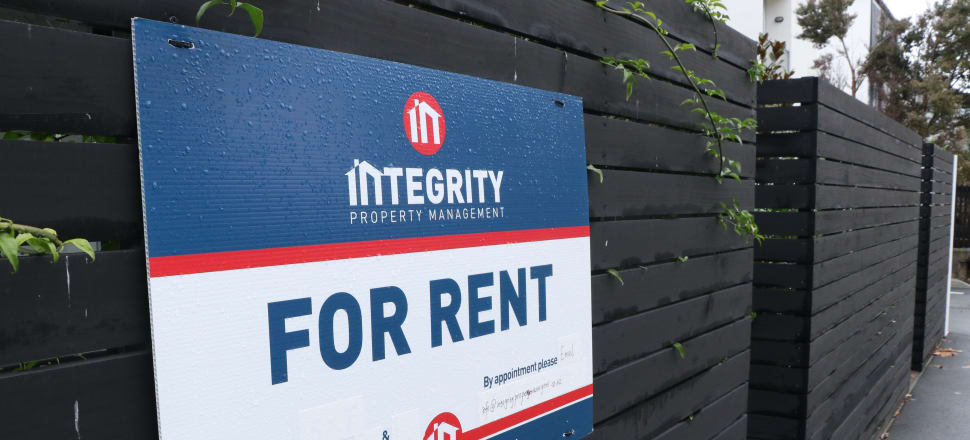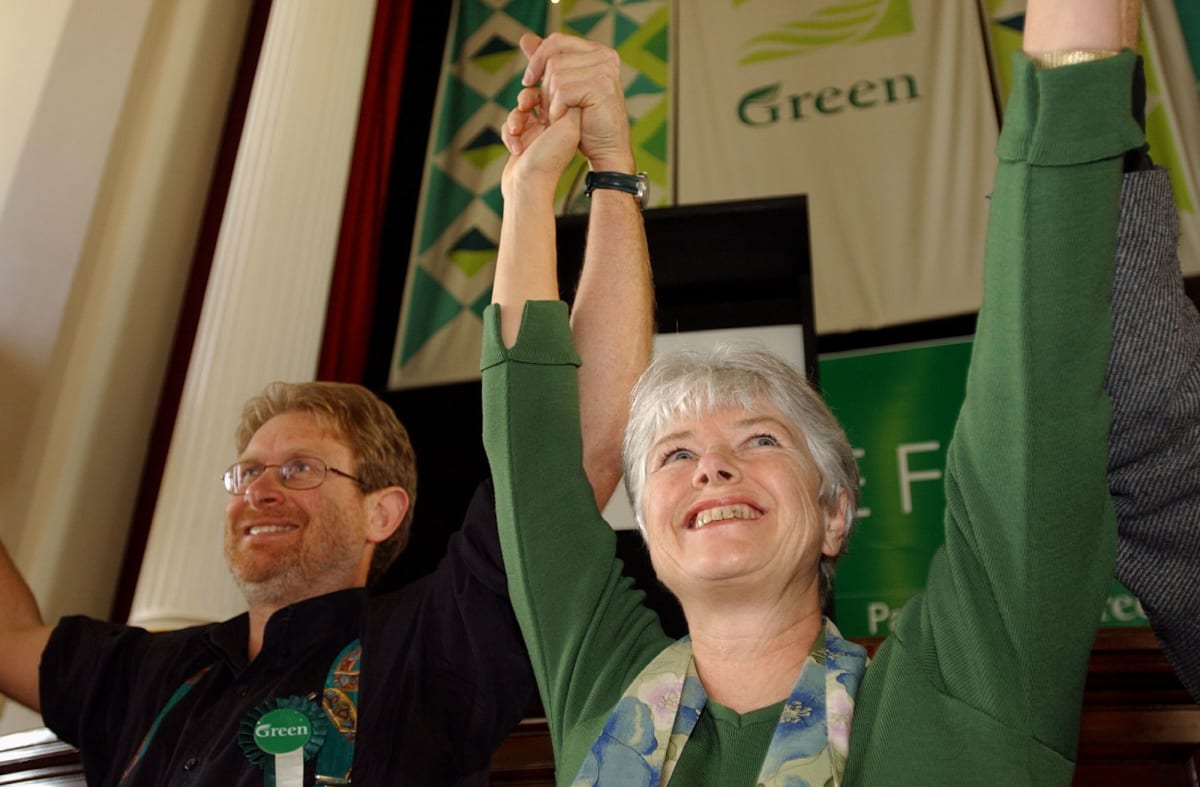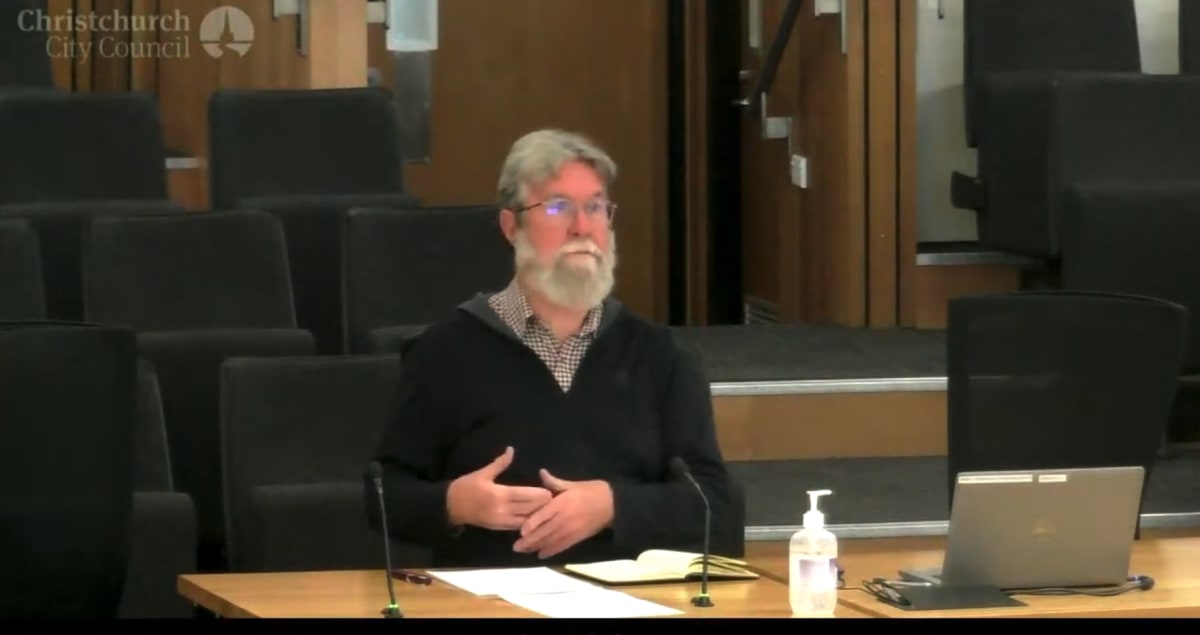
Quietly, and despite the need, a powerful voice for Christchurch tenants closes. David Williams reports.
During her last year studying law at University of Canterbury, Nicola Shirlaw took a voluntary job that would change her life.
One of her lecturers, Andrew Alston, chaired Christchurch’s Tenants Protection Association (TPA), an advocacy service active in the 1970s but voluntarily disbanded in 1979.
“At the time, there was a housing glut and it was thought the few tenancy problems that arose could satisfactorily be dealt with by other voluntary advice services,” Alston wrote in a paper presented to a law reform conference in Australia in 1982.
“By the end of 1981 the situation had changed. The housing glut had become a housing shortage. As a result, tenants had less bargaining power and tenancy problems were rife.”
TPA reformed and Alston encouraged his students to volunteer, something Shirlaw did in 1982.
(Inflationary pressures were so concerning, Prime Minister Robert Muldoon enacted price and wage freezes.)
The following year, Shirlaw got a 12-month paid position at TPA through a Labour Department jobs scheme. “That’s how I met Rod.”
She’s referring to Rod Donald – her future partner, father of their three daughters, and future co-leader of the Green Party, who died, tragically, in 2005, aged 48.
Unbeknownst to Shirlaw, Donald, who was then TPA’s treasurer, had unsuccessfully applied for her position, which initially caused some friction. It was something he’d bring up in later years: “He thought it was hilarious.”
By the end of the year, the couple were having “the first TPA baby”.
As for TPA’s service, offered free to the public, Shirlaw says: “I can tell you that we were busy. We were really busy.”
For decades, the association, Te Tōpū Tiaki-ā-Kainoho, has been an important part of the fabric of Christchurch’s social services.
Until last week, that is.
Last Wednesday, a Facebook message said TPA had, in accountancy parlance, “ceased trading” due to financial constraints. The message, repeated on its phone line, said the board was still seeking support but “there is no guarantee to our future”.
Asked if she was shocked by the news, former manager Helen Gatonyi, who left TPA in 2016 after 26 years, said: “Hell, yes.”
The phone calls and emails came flooding in from people asking what was going on, but she didn’t know. When Gatonyi stepped away she lost touch with new management.
Money woes are nothing new for TPA. “The first couple of years I shared my own wages with my colleague so there was at least two of us there,” Gatonyi says. “You can’t do a job on your own.”
After the earthquakes hit, and its Hereford St offices, known as Community House, were badly damaged, TPA moved to Gatonyi’s kitchen table.
Karolin Potter, who has been on TPA’s board for about 30 years, remembers approaching the city council for money some years ago “because we were within two weeks of closing down”.
“It’s a very precarious living being a not-for-profit agency, and the smallest issue can dislocate your budget so badly that things like this happen.”
The closure is heartbreaking, Potter says.
“TPA, both when Helen was the leader, and under other managers as well since Helen, has been a wonderful organisation – wonderful. I have been proud to have belonged to it.”

The association has stuck to its roots.
Formally, its charitable purpose is to “protect, promote and advance generally the rights, interests and welfare of tenants in the Christchurch region”. As Gatonyi puts it, it’s there to advocate for tenants and serve the people it was set up to serve.
Alston’s 1982 paper says it provided free advice to tenants, which sometimes meant TPA getting involved in discussions with landlords. It also provided an information and education service. Part of its work has been preventing homelessness.
In 2009, in a submission to the Social Services Select Committee, TPA said it had 12,000 calls to its advice line, and it saw more than 1000 people in person who wanted advice, information and advocacy.
Thousands and thousands of people came through the door during Gatonyi’s 26 years at TPA.
“I still see tenants today who come up to me – even today, funnily enough – who come up to me and say, ‘Oh, my God, I’m so glad that you were there for us’.”
The need continues.
Last week, manager Cristene Trenuela-Chan told RNZ its services were in high demand right up until it closed.
Only yesterday, The Press newspaper wrote about the city’s two-tiered social rental scheme.
Given the public outpouring over its decision to close, Robin Tinga, the TPA board’s volunteer chair, says it’s obvious many people believe its work is essential.
He blames the association’s financial turmoil on a series of incidents and situations.
It wasn’t able to complete Government-funded education classes because of Covid-19. Also, it missed out on some expected funding. From who? Tinga would rather not say.
Several months ago it advised its landlord, Community House, now in Tuam St, it could no longer afford to pay rent. Its next batch of funding was too far away for it to pay its bills with certainty.
“It was a very, very tough decision, but we can’t trade,” says Tinga, who works in mechanical engineering. “We can’t incur debts; we can’t have people providing us with services and products and knowing that we’re not able to pay them.”
He confirms it has debts of about $50,000. TPA has sought more funding from the Christchurch City Council.
The writing was on the wall, it seems.
TPA’s last annual financial accounts, lodged with Charities Services last December, show it made a $26,000 loss last year. Its biggest expense – but biggest asset, of course – is staff and volunteer costs, which totalled $207,503.
At the time, it had about $1000 in the bank and current liabilities of $27,000.
“We should have probably looked at it sooner and made the call sooner,” Tinga says.
The accounts show TPA had four full-time staff, and one part-timer, helped by eight volunteers. One staff member has been made redundant, Tinga says.
“We’re talking about people who are passionate about what they do. The people, the staff that we’ve got now, they’re absolutely gutted because they believe in what they’re doing. They’re not there for a job, they believe in what they’re doing.”

Gatonyi, the former manager, says TPA’s importance is wrapped up in the broader story of non-government organisations. “It’s not a short story, it’s actually a big story, and it’s a great story.”
Alston, who helped found TPA, helped to write the Residential Tenancies Act 1986, which created the Tenancy Tribunal. Rod Donald was there at the beginning, as was Jenny Smith, and former mayor Garry Moore.
“All of those people were people who saw the need, and set about actually creating an environment where the need was met.” Gatonyi says.
It was Moore, Christchurch’s mayor from 1998 to 2007, who recalled Shirlaw and Donald met at TPA. He’s got his own TPA anecdote.
One year Donald asked Moore, an accountant, to audit TPA’s accounts for the annual general meeting. “I said, when do you need it done by, and he said the AGM’s tonight.”
Moore was in a pickle, as he promised wife Pam he’d shift a load of firewood from the front yard. Donald said he’d stack the firewood while Moore did the audit.
“Well, it was the slowest audit I’ve ever done because I just finished it as he put the last piece of wood in.”
Laughs aside, Moore says it’s fundamental the city has an organisation like Tenants’ Protection. It is a public service and, therefore, Moore says, it’s the responsibility of public funding agencies to keep it open.
“Many people who are renting are vulnerable as hell and they need strong advocacy to actually be there to defend those people’s interests.”
TPA chair Tinga says nobody’s walked away from the board and it’s talking to funders, including the city council. “If by some miracle, the outstanding debt that we have were able to be covered through Give A Little then, wow, that would be great.”
(“Can I also sing the praises of our manager?” Tinga asks. “She has also just come on board – none of us knowing this situation or realising how dire the situation was – and she has stuck with us. She’s an amazing, amazing person.”)
Gatonyi says there’s always a place for advocacy services for people who are unable to represent themselves. She talks of the “silent fear”.
“The silence comes from the fear that they may, if they speak up, lose their tenancy,” Gatonyi says. “The silent fear is what drives people into that place where they become desperate, and we sure as hell don’t need any more of that.”
Moore, the ex-mayor, says of TPA: “They’re a vital part of community. We can’t let them go.”
While she knows nothing of what’s happened, Shirlaw, the former TPA staffer from the early 1980s, is saddened at its closure.
“They’ve been an organisation that’s been around for more than 40 years and, certainly of what I know of them, doing good work.
“And I do feel sad. I don't know, it’s part of my life.”
Shirlaw vividly remembers attending Gatonyi’s farewell in 2016.
“I was very, very struck by listening to her talk, and talking to other people there, by the continual need for those kind of services. The laws have changed markedly since 40 years ago, when I was involved, but that doesn’t mean that there aren’t people in tenancy situations who still require assistance.”








